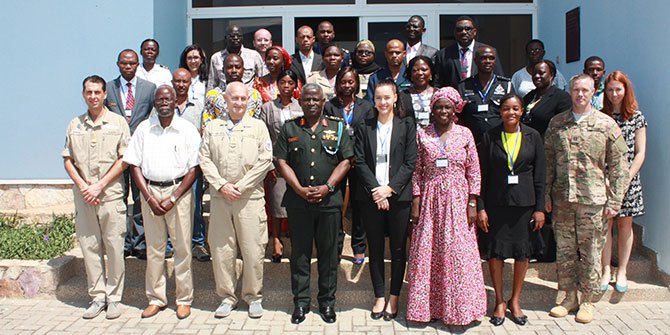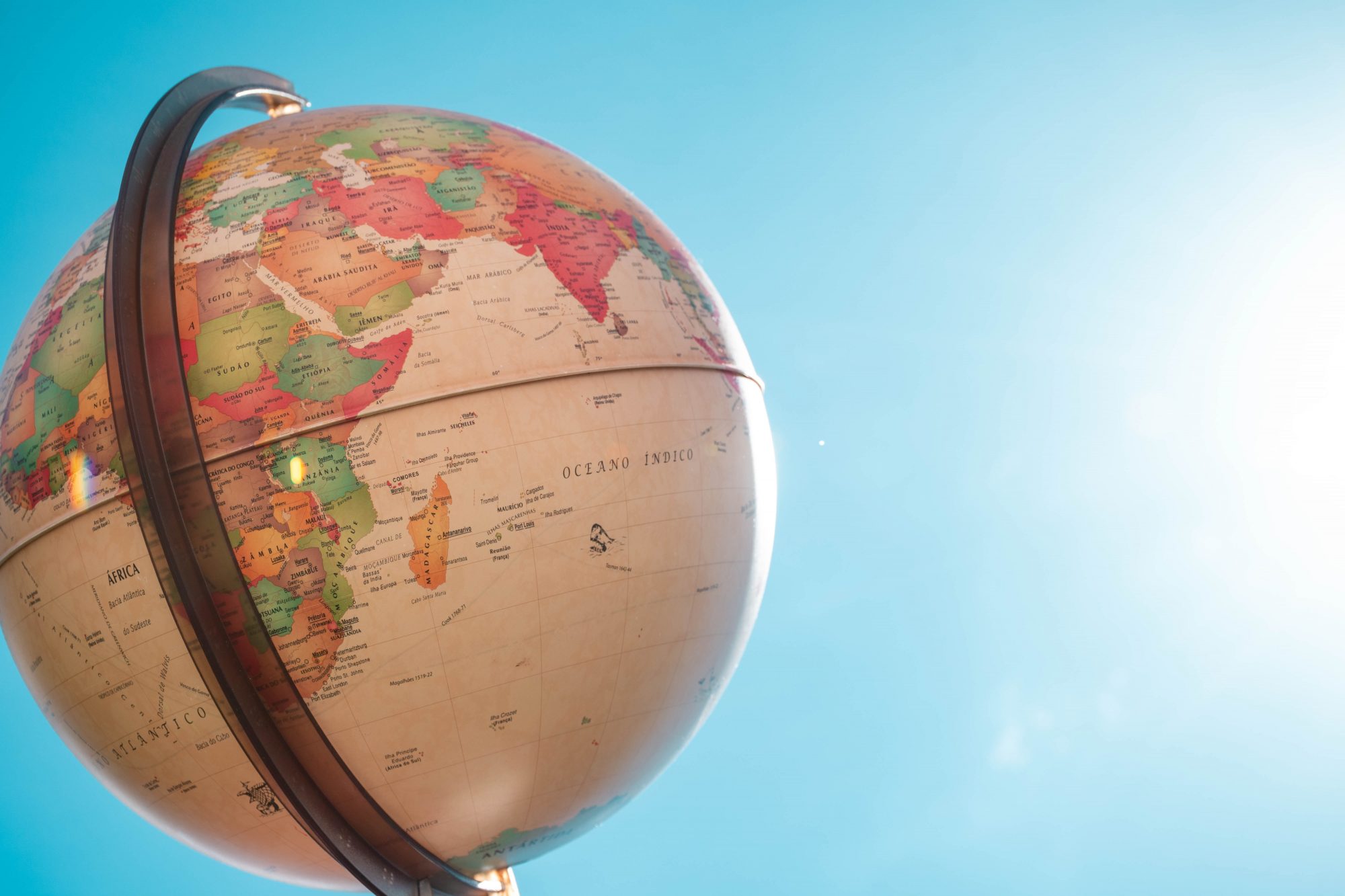Responding to Professor Jean-Paul Faguet’s recent article on the political upheaval in Afghanistan, former British diplomat and Visiting Senior Research Fellow at King’s College London John O’Callaghan looks forward from a foreign policy perspective. This article is part of a series on the ID blog, ‘Afghanistan: After the fall‘.
The old Irish joke is now a well-worn political cliche – for a reason. The trouble with foreign policy is that you are often dealing with a mess. It is usually worse than it had to be, due to the history of failure of previous policies. The four lessons in this article are reasonable but not sufficient. We need to add a fifth – if the circumstances we find in Afghanistan don’t allow us to apply all the four proposed policies at the same time, we should be flexible and prepared to make painful compromises.
In Afghanistan, we can learn a lot from the journey that got us here. We need to show humility about our own shortcomings. I have spent 30 years working in the UK foreign policy establishment and many policies I have advocated have ended in less than full success. With that in mind, we still now have to put together a new policy for Afghanistan – what should it be?
The fundamental argument of this piece, and the first lesson, is that we can’t impose democracy through force in a place we don’t understand. I agree. So what can we do? I also agree that the other three lessons hold in the right circumstances. We can be smart in working with tolerable partners, we can try to develop strategic patience and use long-term levers of aid and soft-power attraction, and we can judiciously support “civil society” to grow over time.
The question is, will this work in Afghanistan now to deliver the least worst outcomes for the Afghan people and for our wider interests?
There is an optimistic scenario where we can work with a tolerable, Taliban-led, and in time possibly inclusive government, negotiate around the supply of humanitarian and development aid, and protect some of the civil society gains of the last 20 years.
In this scenario, we could achieve limited security objectives and meet the moral responsibility we have to the Afghan people after our failed intervention. In urban areas and some regions we have raised expectations and opened opportunities through healthcare, education and some features of organised civil society (for example media freedom). We can’t just walk away. We are also facing a humanitarian catastrophe with a range of long-term (climate, demography, poverty, drugs) and short term (effects of instability, lack of funds) drivers. We need to be able to respond and prevent starvation, disease and economic collapse.
Sadly the optimistic scenario is not the most likely. As this article noted, Afghanistan has been ravaged by a brutal civil war for the last 40 years, and alongside huge challenges, has a fascinating and complex religious, tribal, ethnic and clan social structure. There is strong hostility to outside interference. US/NATO intervention is not the only external force applied in recent years – all Afghanistan’s neighbours have been heavily drawn into the civil wars, and other powers (e.g. in the Gulf, or Russia) are also invested. So we need to be able to try to influence the wider international environment to prevent a slide back to further armed conflict and instability in Afghanistan.
We are going to need a sophisticated and adaptable policy, and to be able to make some uncomfortable compromises. Initial indications are that the Taliban are not setting up an inclusive government. There is a tense internal political situation. It may not be possible to support civil society under a repressive Taliban government. Terrorist groups continue to control areas of Afghanistan and threaten neighbouring states and western countries – we may need to continue to intervene militarily to prevent terrorist attacks.
It could get difficult to win the domestic political argument in the west to support more than limited humanitarian aid being distributed through channels controlled by a Taliban regime. Many states will almost certainly continue to intervene in a number of ways and this may create further risks. The Taliban government’s control over territory may well decline over time. Afghanistan could revert to a very messy, violent, contested space, where we will have to make difficult choices about what we will do. A regular feature of authoritarian regimes is their high tolerance to pain felt by their own people. The Taliban government may well be the same.
In these less benign scenarios, the fifth lesson is to continually adapt and change our approach as the environment in Afghanistan evolves, and recognise that we will have to choose which outcomes to prioritise – we won’t necessarily be able to pursue security, economic development, human rights and international imperatives all at the same time. It will require continued, long-term engagement and focus, so that we understand the threats and opportunities, and can react at the right moment. Western democracies are notoriously bad at this. Can we find the political will to be different this time?
The views expressed in this post are those of the author and in no way reflect those of the International Development LSE blog, the London School of Economics and Political Science or or King’s College London. You can read more articles in this series, ‘Afghanistan: After the fall’ here.
Photo credit: U.S. Central Command Public Affairs on Wikimedia Commons.





